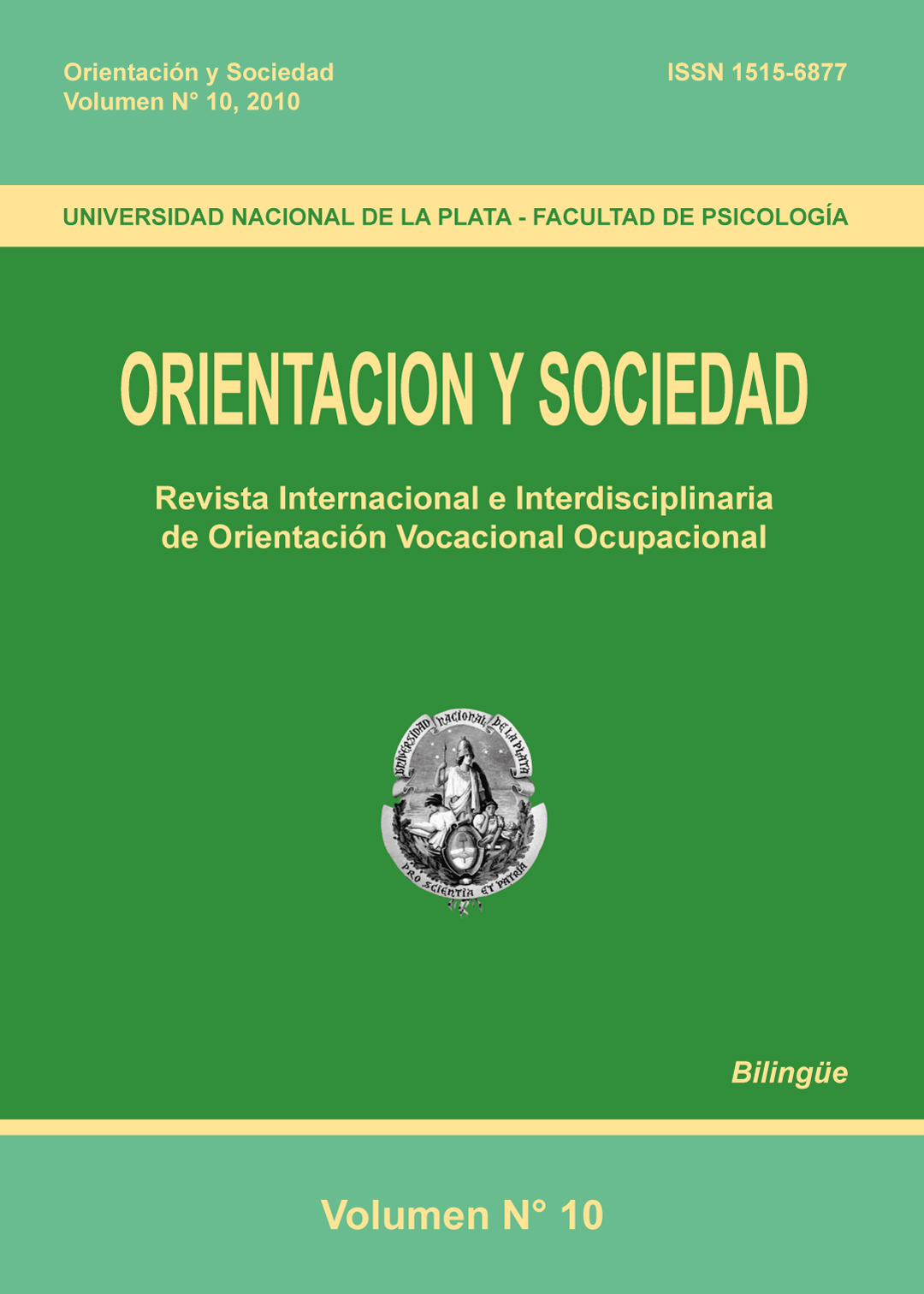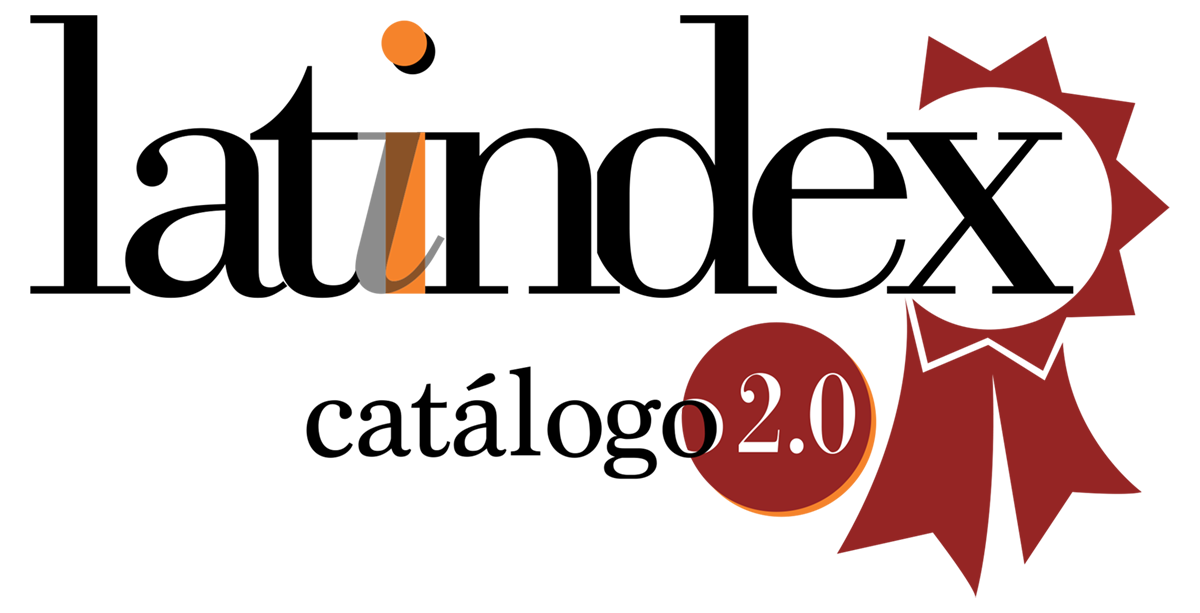Society, family and learning: the role of home literacy environments
Palabras clave:
Home literacy, early literacy, povertyResumen
This paper explores the relation between society, family, and learning. In particular, it addresses the features of home literacy environments in low income families and their impact on children's pre-literacy skills and knowledge. Sixty-two four/five-year-old children and their mothers were randomly selected for this study. The mothers were interviewed using an adaptation of a family literacy environment survey (Whitehurst, 1992). The children were assessed with specific tests to examine the scope of their 'early literacy'. The results revealed significant variability in the features and practices of home literacy environments as well as in the children's emerging pre-literacy skills and knowledge. The correlation between the two variables shows low to moderate statistical significance. The implications of such findings are discussed. Additionally, the purpose of isolating relevant features of the children and their home environments is to identify specific indicators related to the literacy fostering process. Ultimately, the goal is to design adequate, timely, and systematic intervention strategies aimed at preventing difficulties related to written language learning in children that could be considered at risk.


























